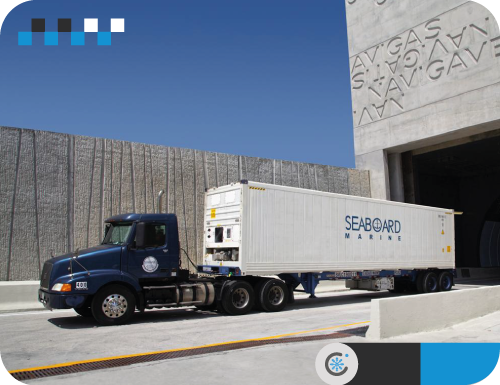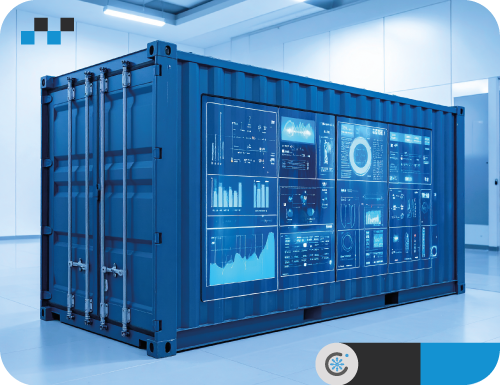Accelerate Your International Growth with
World-Class Perishable Logistics
Looking for high-quality, fresh Colombian products? CTL connects you with trusted suppliers of flowers, fruits, vegetables, and more. We make sure your import-export journey thrives from start to finish.
Cool People. Cool Transport.
Over 20 years of proven experience
We are your strategic partner for global expansion.
15.000+
Successful Shipments Delivered
100K+
Tons of Goods Moved
98%
Customer Satisfaction
7+
Countries Reached
Your international success starts with us
Logistics Service That Drives Your Growth

Strategic Consulting
for International Expansion

Reliable and Guaranteed
Cold Chain Logistics

Advanced Monitoring
Technology
Stay Fresh.
We keep it cool!
Based in Colombia, we bring extensive experience in providing a reliable cold chain for the export and import of perishables. Let’s work together to make your logistics seamless!
We provide support for:
- Packing House
- Inland Trucking
- Port Brokerage
- Shipping and Import Clearing
About Cool People
At Cool Transport Logistics, 'Cool People' is our added value. We’re your dedicated partners, committed to reliable service, trusted processes, and going the extra mile to ensure your export-import operations run smoothly and successfully.
Flowers
Fruits
Vegetables
Trusted Experts in Handling Perishables Worldwide
Request a Meeting
Learn More About Logistics for Perishables
Frequently Asked Questions
Refrigerated: 2°C to 5°C (36°F to 41°F) – common for flowers, fruits, and vegetables.
Temperature monitoring involves using specialized devices like data loggers, IoT sensors, and real-time tracking systems that provide continuous temperature readings, alerts for deviations, and detailed reports throughout the transportation process.
Proper packaging includes insulated containers, specialized boxes, thermal blankets, gel packs, dry ice, and other materials designed to maintain temperature stability. Packaging must also include proper labeling to identify handling requirements and temperature specifications.
The choice depends on distance, urgency, and product type:
- Air freight: Best for high-value, time-sensitive items with short shelf life.
- Sea freight: Cost-effective for large volumes with longer shelf life.
- Road transport: Flexible for regional distribution with refrigerated trucks.
- Rail: Efficient for medium-distance transport with temperature-controlled cars.
Temperature fluctuations are managed through pre-conditioning products, using appropriate packaging materials, minimizing exposure time during loading/unloading, maintaining proper handling procedures, and having contingency plans for equipment failures.
Required documents typically include:
- Export licenses and permits
- Phytosanitary certificates (for plant products)
- Health certificates (for animal products)
- Certificate of origin
- Temperature compliance documentation
- Invoice and packing lists
- Insurance certificates
Import requirements vary by country but generally include:
- Import permits and licenses
- Health and safety certifications
- Compliance with local food safety standards
- Customs declarations
- Quarantine inspections
- Payment of duties and taxes
Customs clearance for perishables is typically expedited due to their time-sensitive nature, usually taking 1-3 days depending on the country, product type, and completeness of documentation. Many countries have fast-track procedures for perishable goods.
Key risks include:
- Temperature excursions leading to spoilage
- Transportation delays
- Equipment failures
- Documentation errors causing customs delays
- Seasonal demand fluctuations
- Natural disasters affecting routes
Immediately document the damage with photos, notify your logistics provider and insurance company, preserve evidence, obtain temperature records, and work with your provider to determine the cause and prevent future occurrences.
